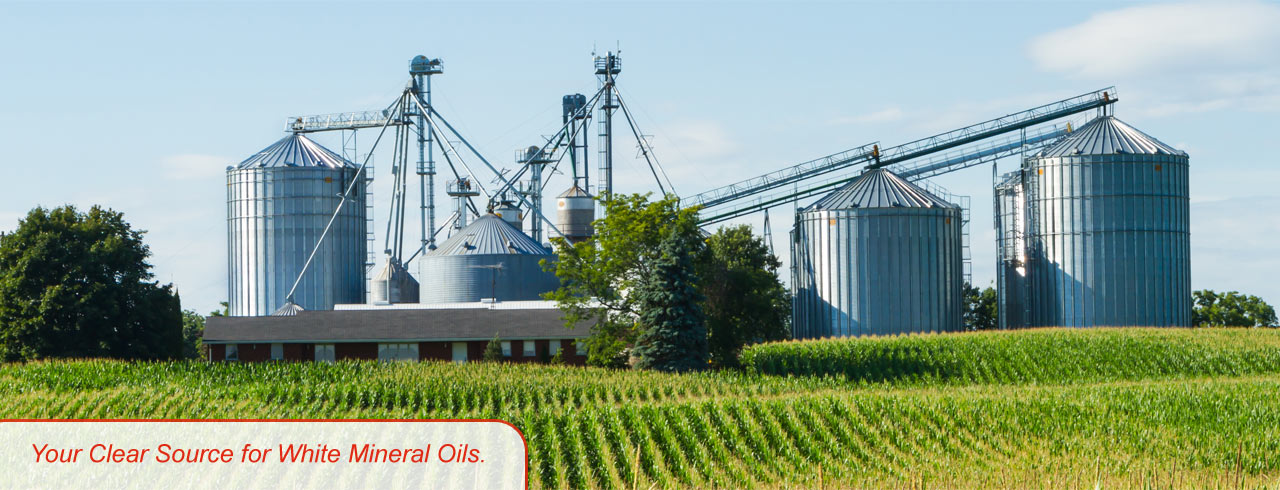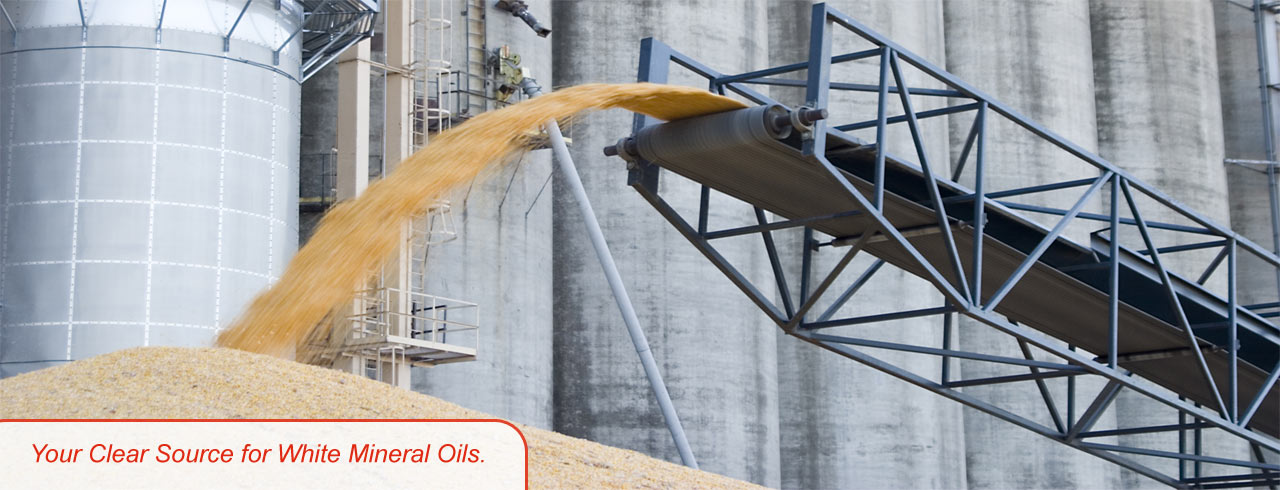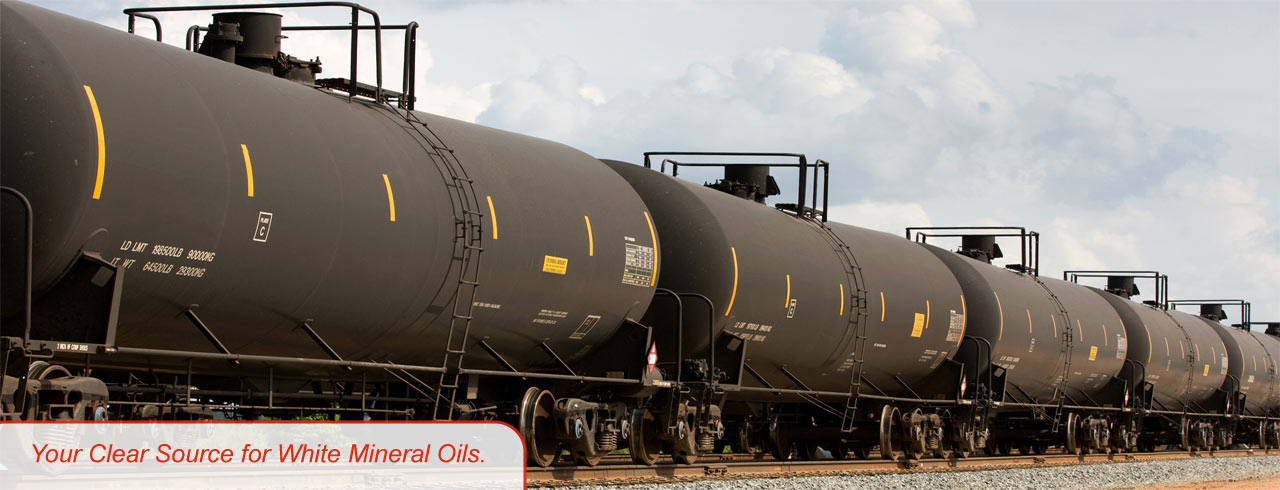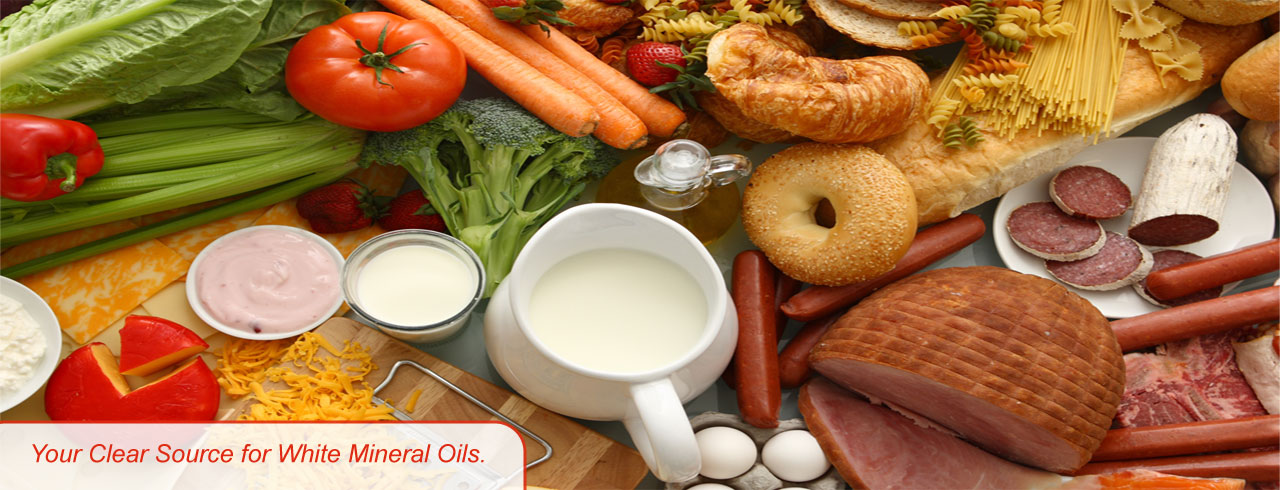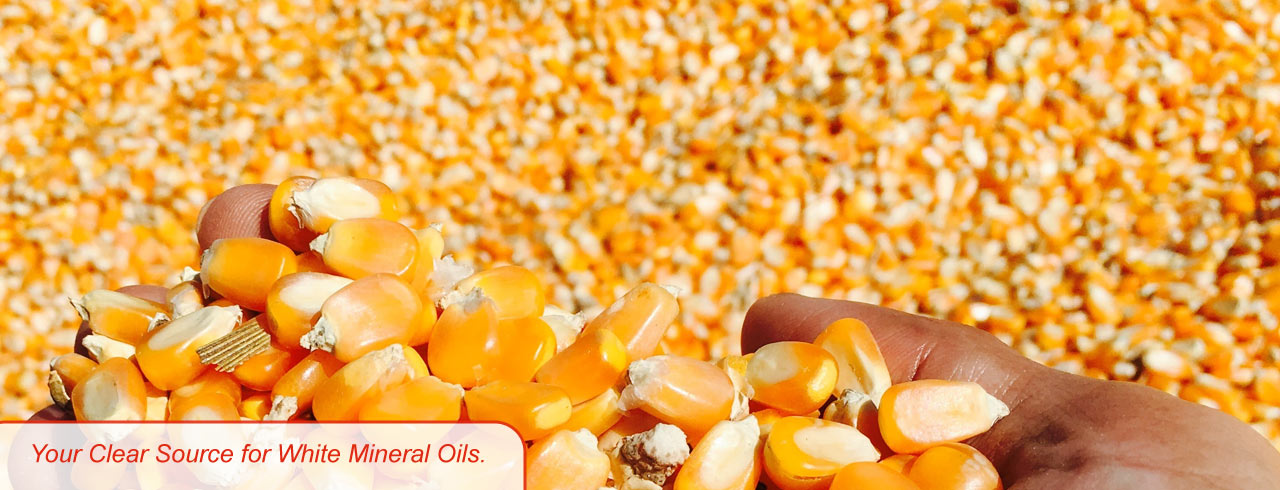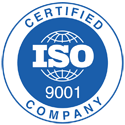Mineral Oil 101: Understanding Purity, Grades, and Industrial Standards
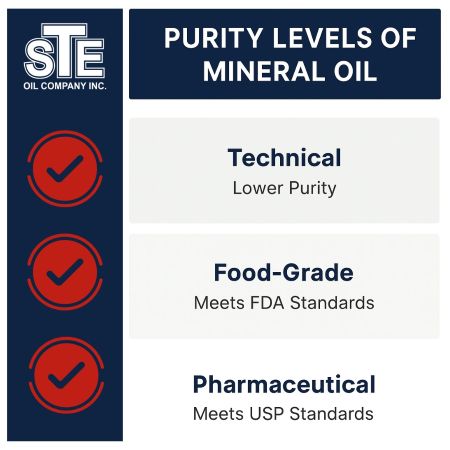
Mineral oil is one of the most versatile and widely used substances across industries. From powering heavy machinery to protecting crops and even appearing in pharmaceuticals and cosmetics, its applications are vast. But not all mineral oils are created equal.
Purity, grade, and compliance with industrial standards determine how an oil can be used and how well it performs. In this guide, we’ll break down the essentials of mineral oil so you can make informed decisions for your business.
What is Mineral Oil?
Mineral oil is a clear, odorless liquid derived from refining petroleum. It is highly stable, non-reactive, and valued for its lubricating and protective properties. Depending on how it is refined, mineral oil can be suitable for industrial, agricultural, food-grade, or pharmaceutical applications.
Purity Levels: Why They Matter
The purity of mineral oil determines whether it’s safe for sensitive uses—or limited only to industrial environments.
- Technical Grade (Lower Purity):
Used for industrial applications like lubricating saw blades, protecting metal surfaces, or cooling machinery. These oils prioritize performance but are not intended for direct human contact. - Food-Grade Mineral Oil:
Highly refined and regulated, food-grade mineral oil meets FDA and USDA standards. It’s safe for incidental food contact, making it ideal for food processing equipment, cutting boards, and packaging. - Pharmaceutical/USP Grade:
Ultra-refined to meet the strict U.S. Pharmacopeia (USP) standards. These oils are safe for direct human use in products such as laxatives, ointments, and cosmetics.
The higher the purity, the more specialized the oil—and the stricter the regulatory standards it must meet.
Grades of Mineral Oil
Mineral oil is often categorized by viscosity grade, or how thick or thin it flows:
- Light Mineral Oil: Thin and fast-flowing, ideal for pharmaceuticals, cosmetics, and certain agricultural uses.
- Medium Mineral Oil: A versatile middle grade, balancing flow with lubrication—commonly used in machinery or industrial processing.
- Heavy Mineral Oil: Thicker and slower-flowing, suited for applications that require a stronger lubricating film, such as heavy machinery or protective coatings.
Industrial Standards and Compliance
To ensure safety and performance, mineral oils must meet industry-specific certifications. At STEOIL, we supply oils that align with the most recognized standards:
- FDA Standards: For food-contact safety.
- USP Standards: For pharmaceutical-grade applications.
- NSF Approval: For lubricants used in food processing environments.
- ISO/ASTM Testing: For industrial-grade consistency and reliability.
- Industrial: Cooling and lubrication for saws, compressors, hydraulics, and other equipment.
- Agricultural: Crop protection sprays, livestock care, and equipment maintenance.
- Food & Beverage: Lubrication of food-processing machinery, packaging, and safe surface protection.
- Pharmaceutical & Cosmetic: Ingredient in ointments, lotions, laxatives, and other consumer products.
- Technology: Immersion cooling for servers, crypto mining rigs, and data centers.
- Your industry’s regulatory standards (FDA, USP, NSF, etc.)
- The purity level required for your application
- The viscosity grade that matches your operating environment
- The packaging size that fits your storage and usage needs
These certifications give businesses peace of mind that their oil will perform as expected—and meet regulatory requirements.
Applications by Industry
Choosing the Right Mineral Oil
The right mineral oil depends on:
At STEOIL, our team helps businesses navigate these choices—so you get the oil that’s not just “good enough,” but precisely engineered for your needs.
Conclusion
Mineral oil may look the same across a bottle, drum, or tote, but the differences in purity, grade, and compliance are what define its safe and effective use. Whether you’re in food processing, pharmaceuticals, agriculture, or industrial operations, choosing the right mineral oil protects your equipment, your products, and your reputation.









